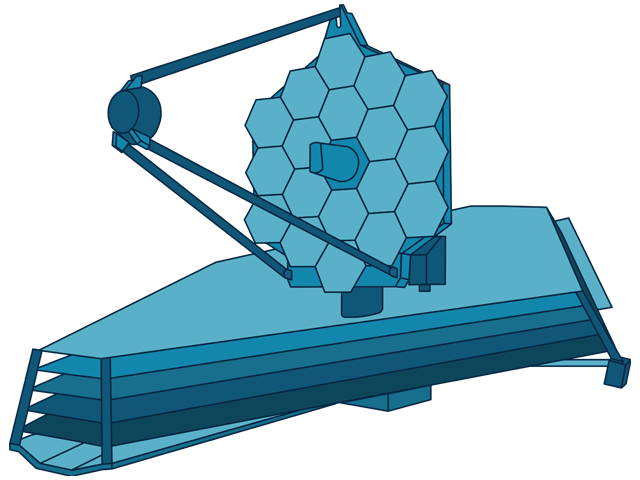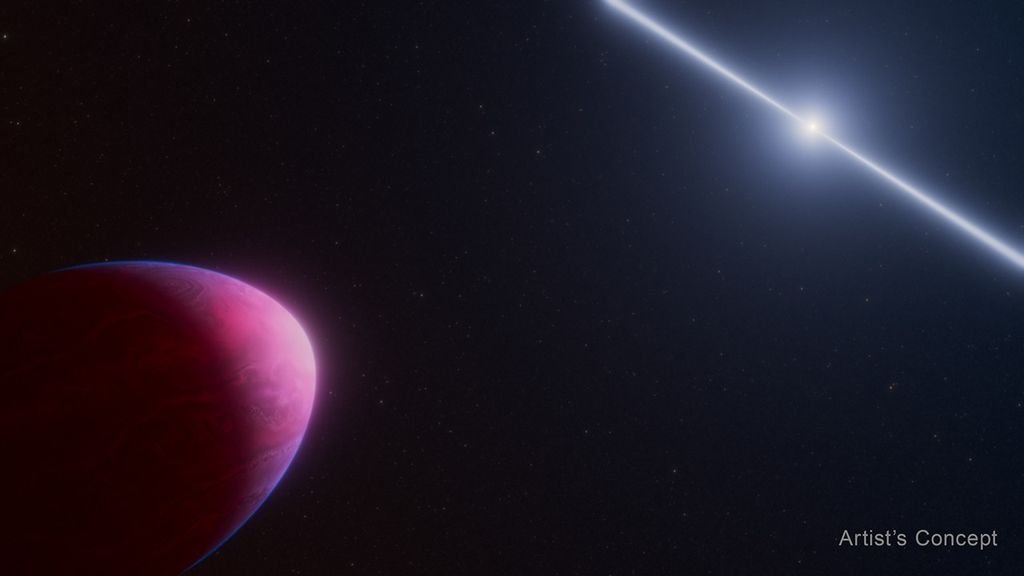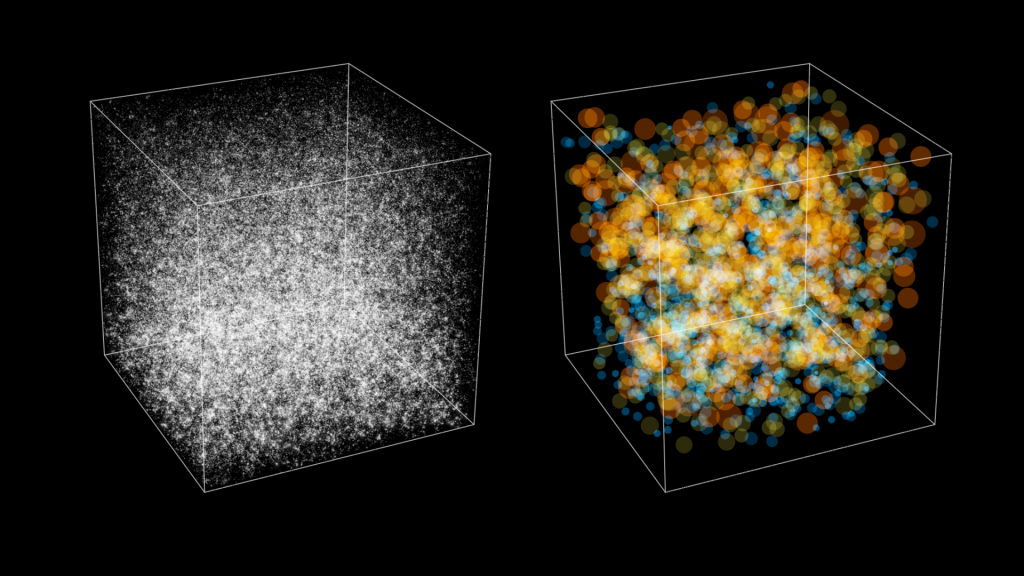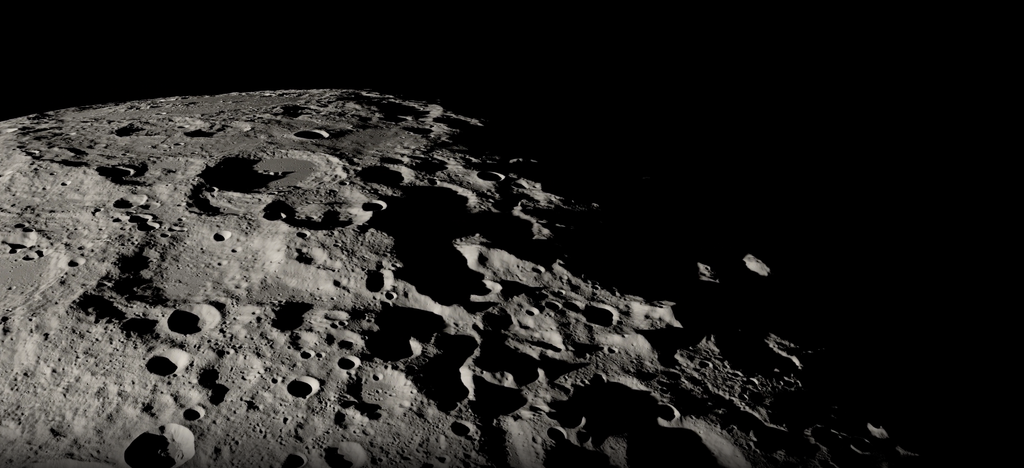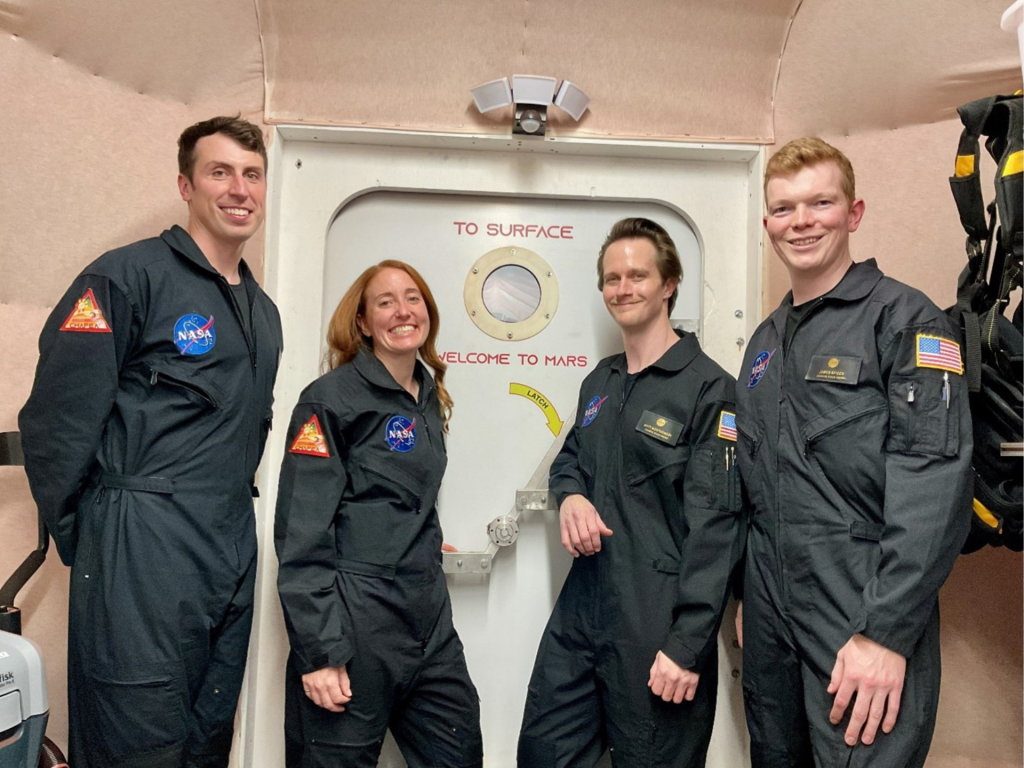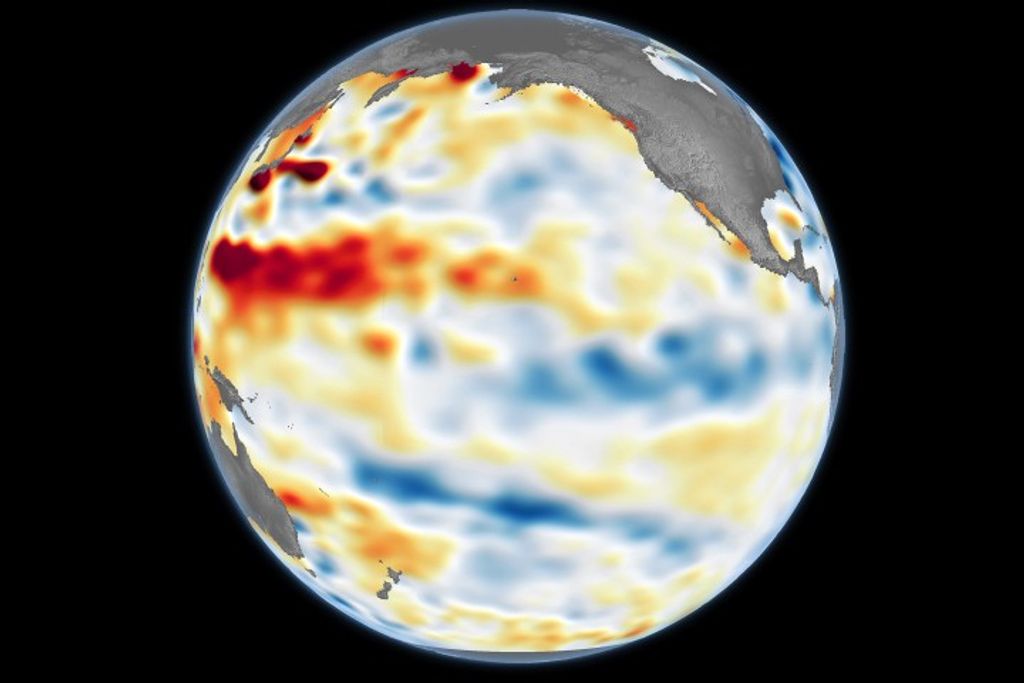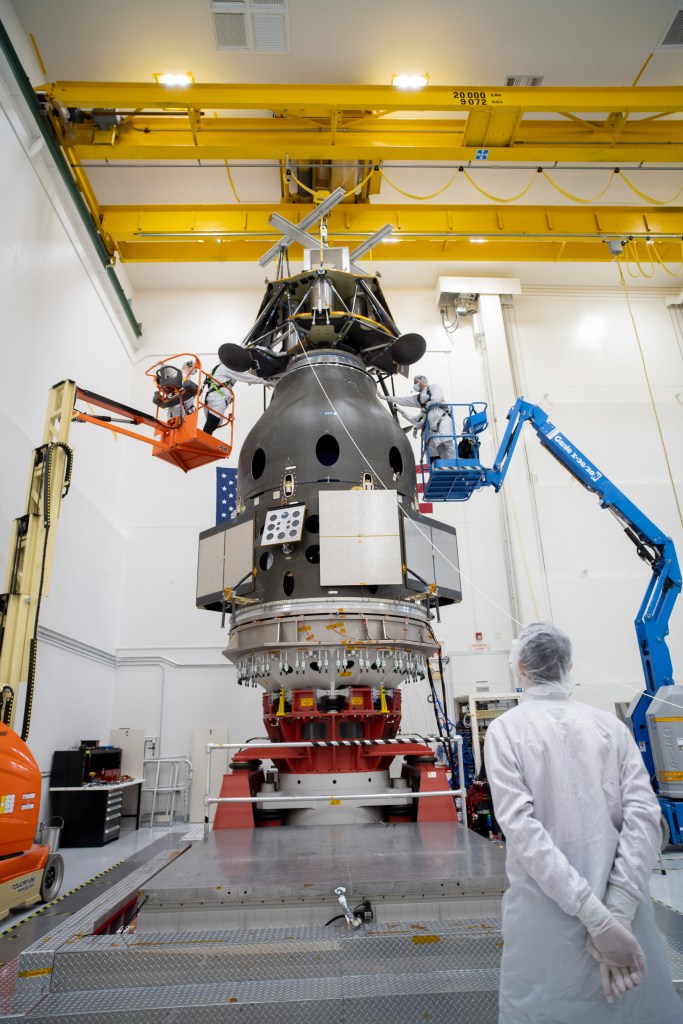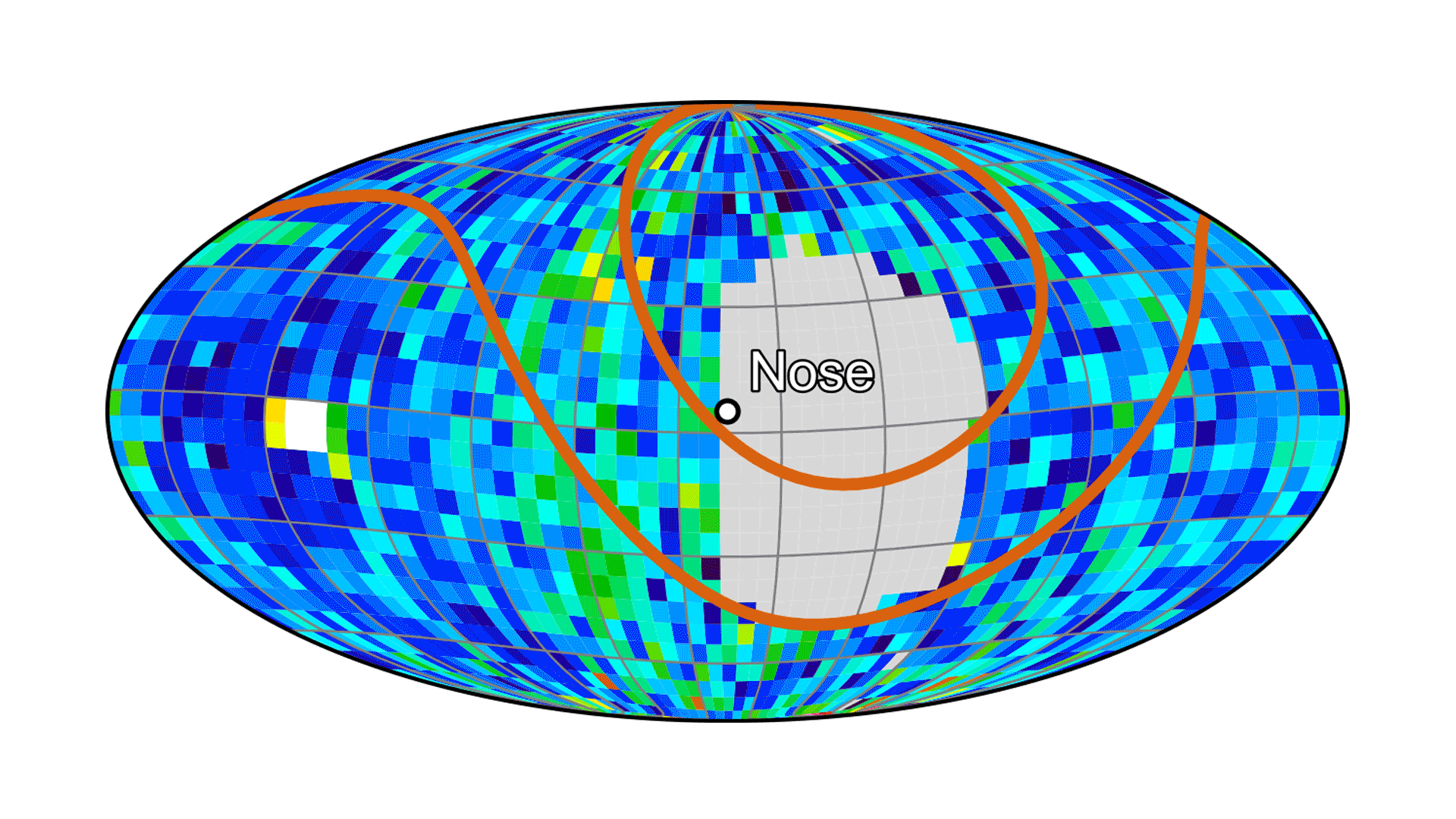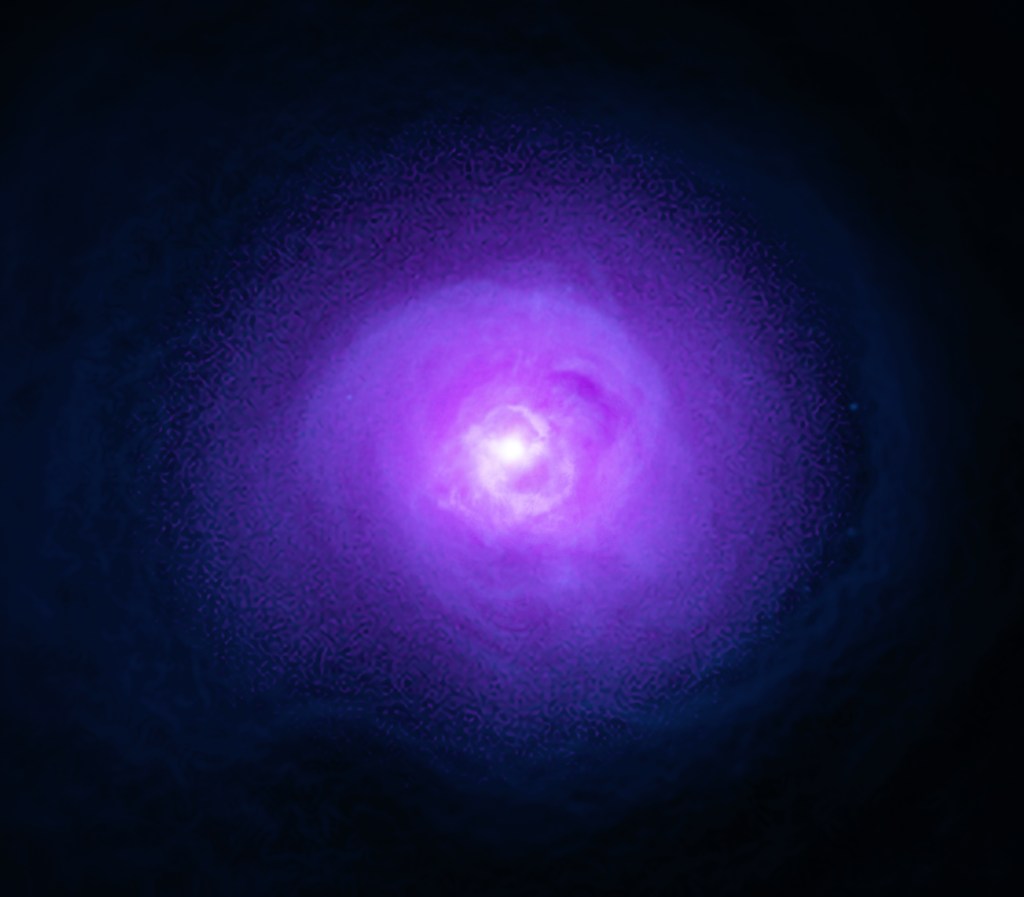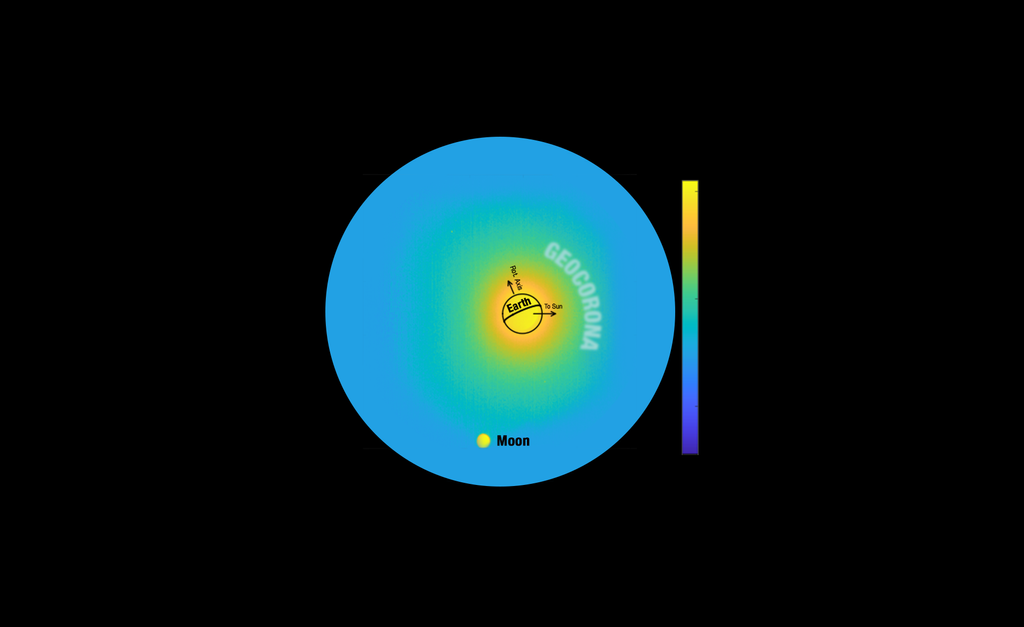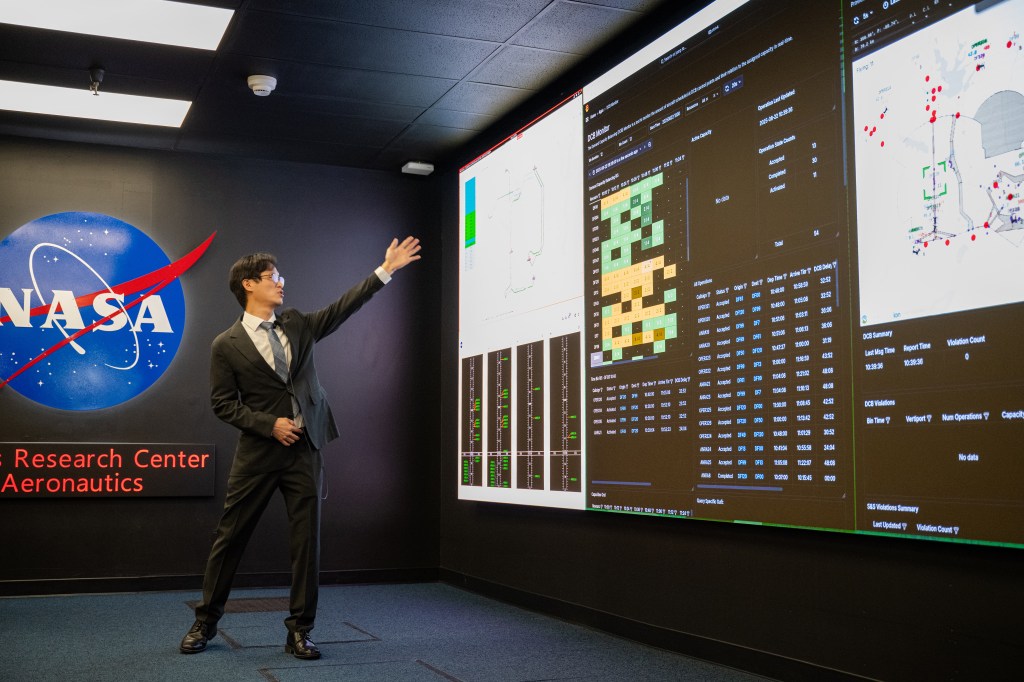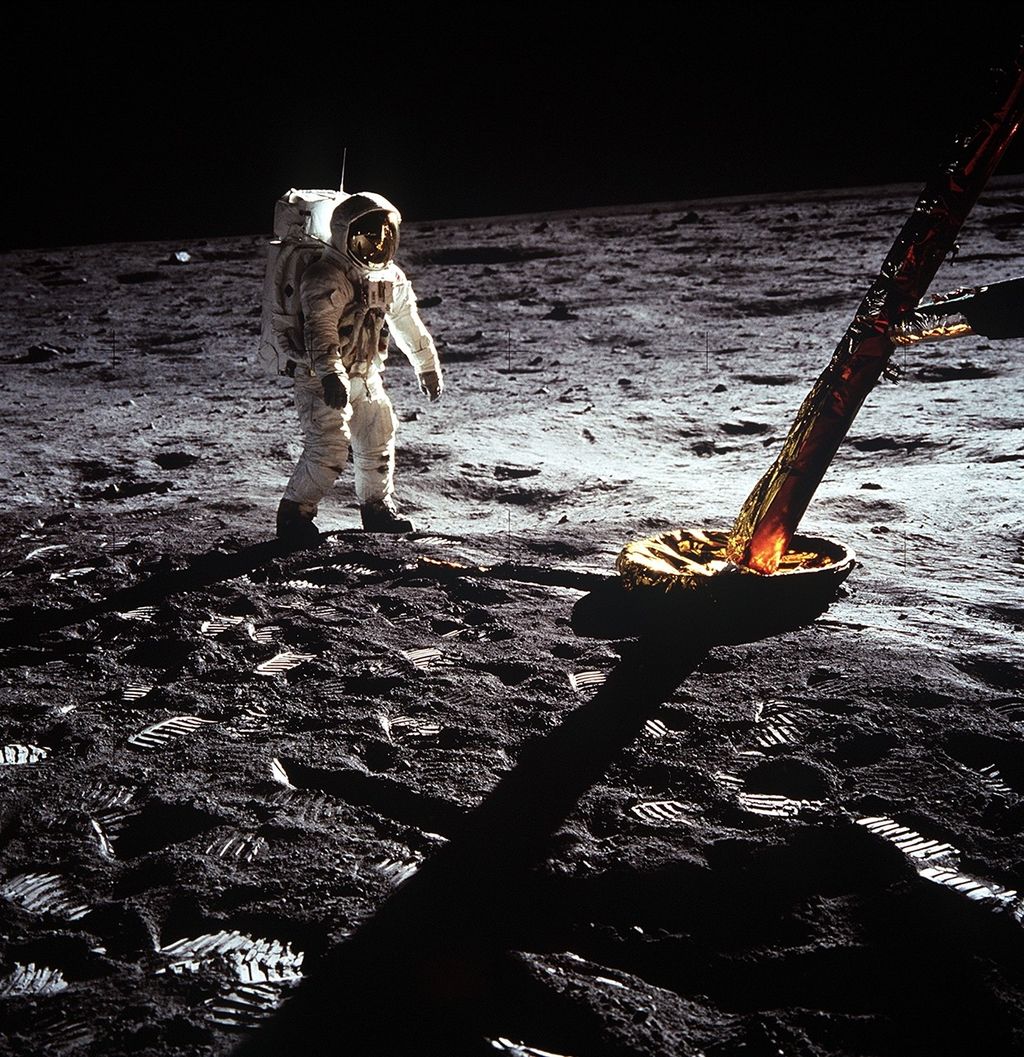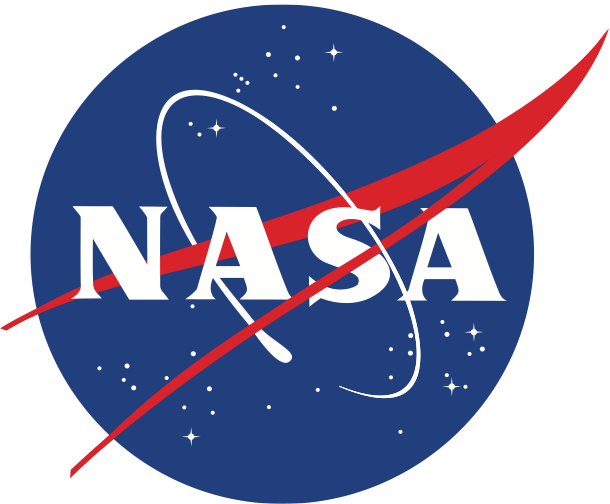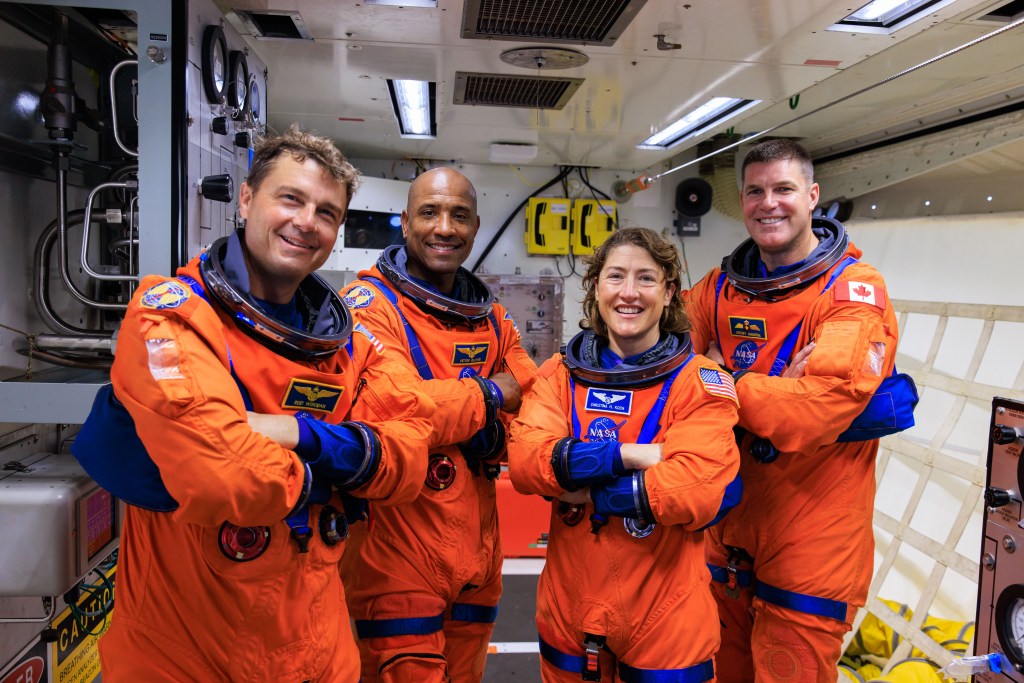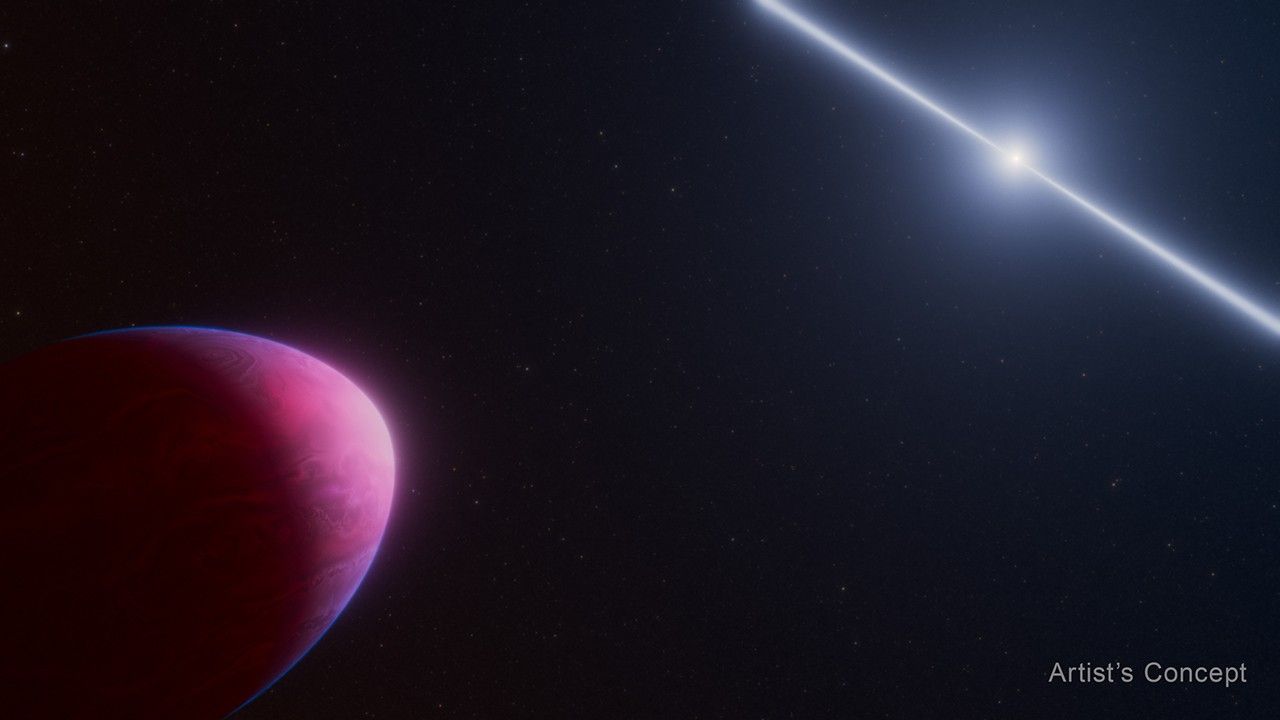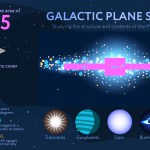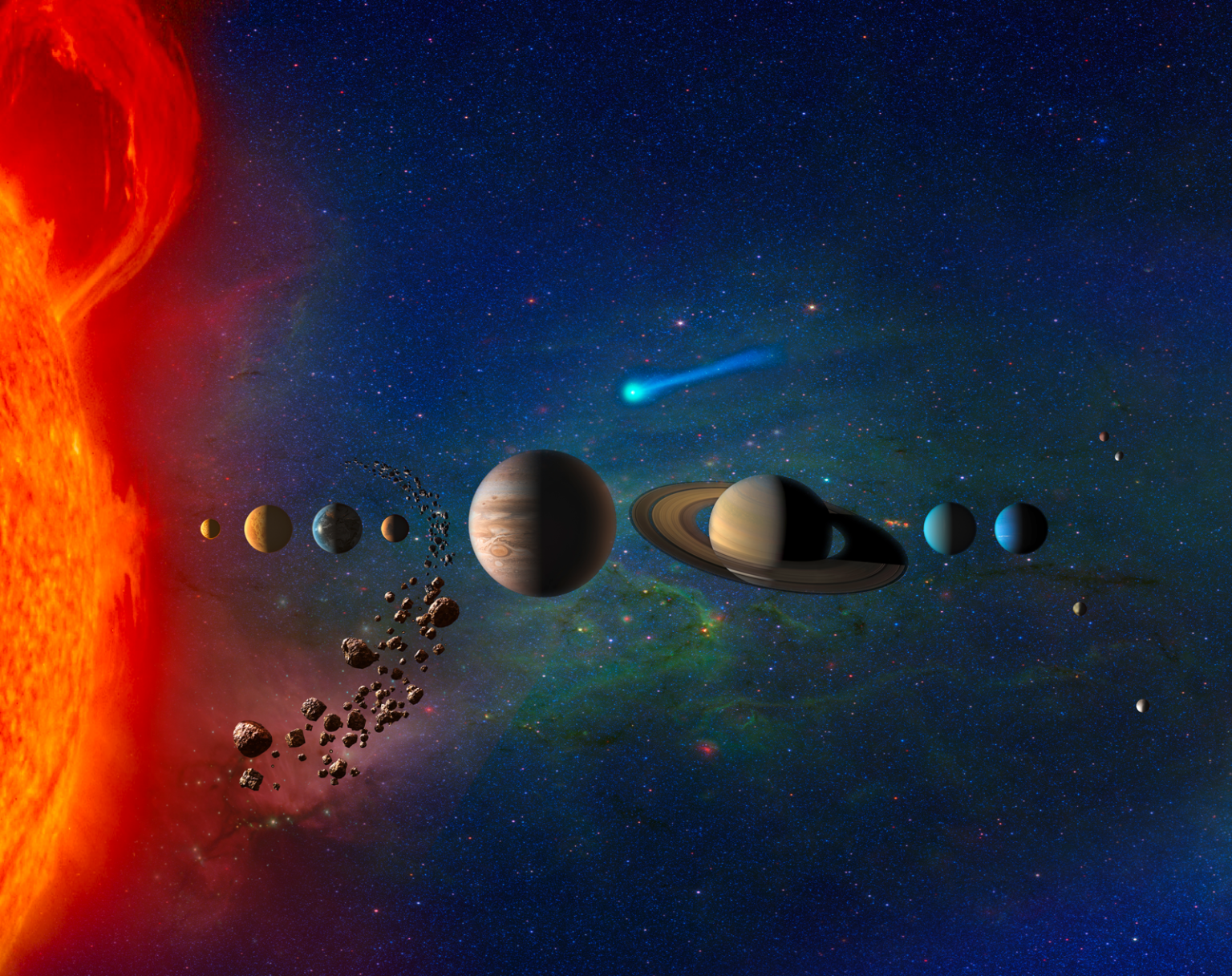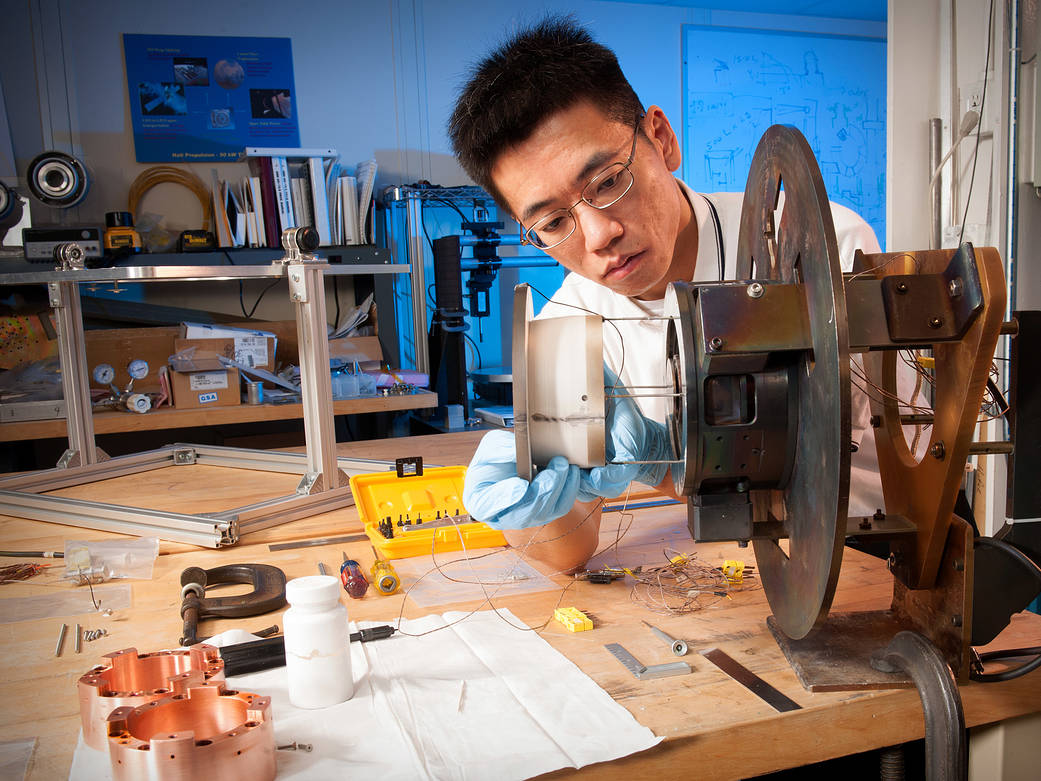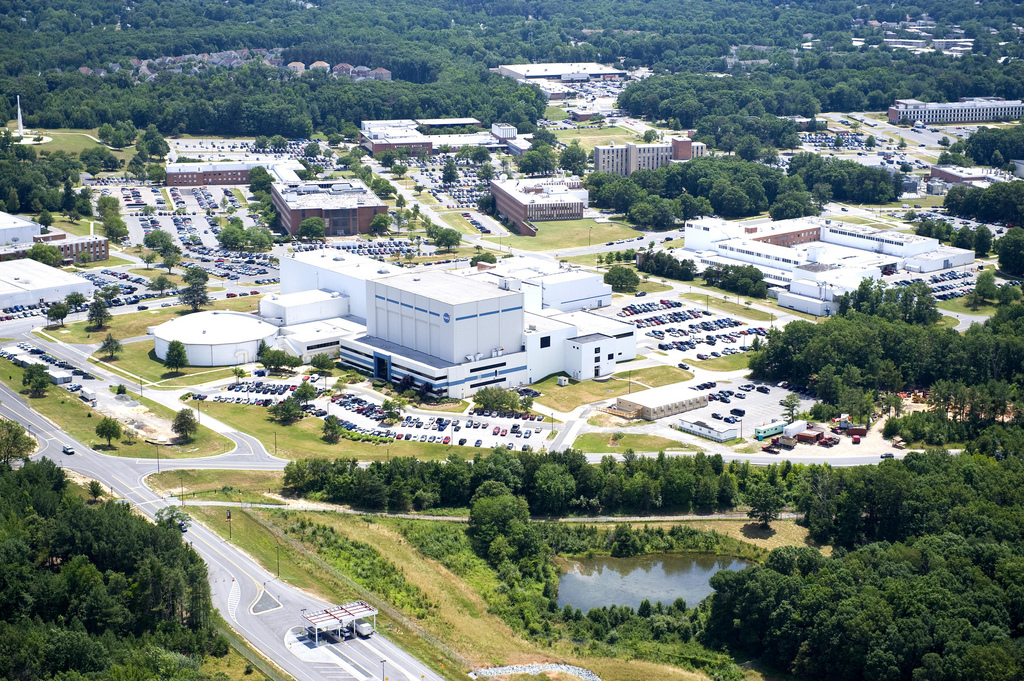The Universe
Explore the universe: Learn about the history of the universe, what it’s made of, and so much more.
TODAY
Confirmed exoplanets
Planetary Systems
What we study
The Search for Life
So far, the only life we know of is right here on our planet Earth. But we’re looking.
The big question – Is there life beyond Earth? – comes with an ironic asterisk: we don’t really have a universally accepted definition of life itself. That said, we might not need one. We need only detect the telltale signs of life in an exoplanet atmosphere, and we have a better understanding of what those look like here on Earth.
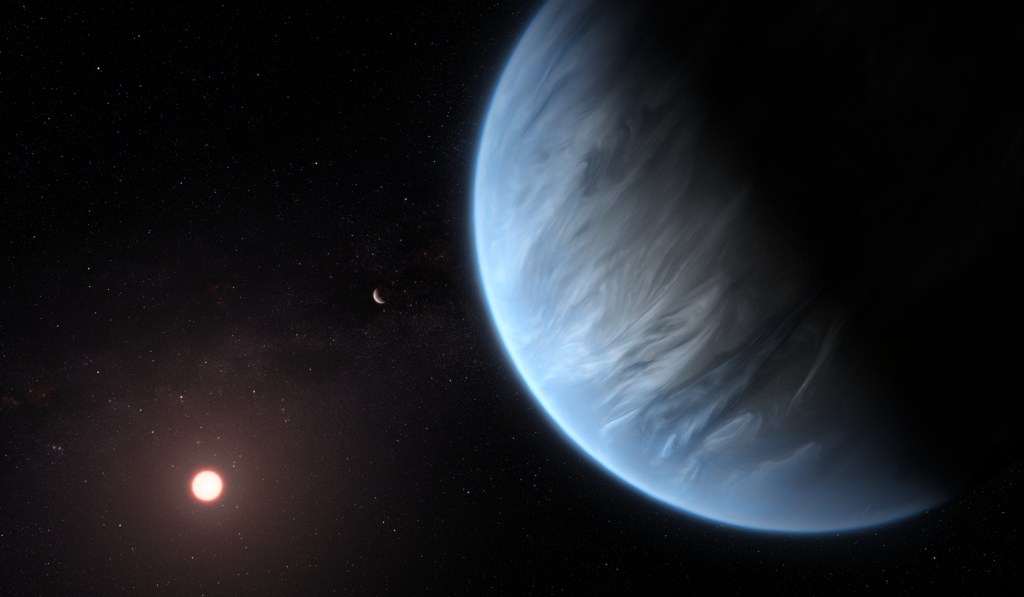
The Big Bang
How the universe came to be
Astronomers combine mathematical models with observations to develop workable theories of how the Universe came to be. The mathematical underpinnings of the Big Bang theory include Albert Einstein’s general theory of relativity along with standard theories of fundamental particles. Today NASA spacecraft such as the Hubble Space Telescope and the Spitzer Space Telescope continue measuring the expansion of the Universe. One of the goals has long been to decide whether the Universe will expand forever, or whether it will someday stop, turn around, and collapse in a “Big Crunch?”
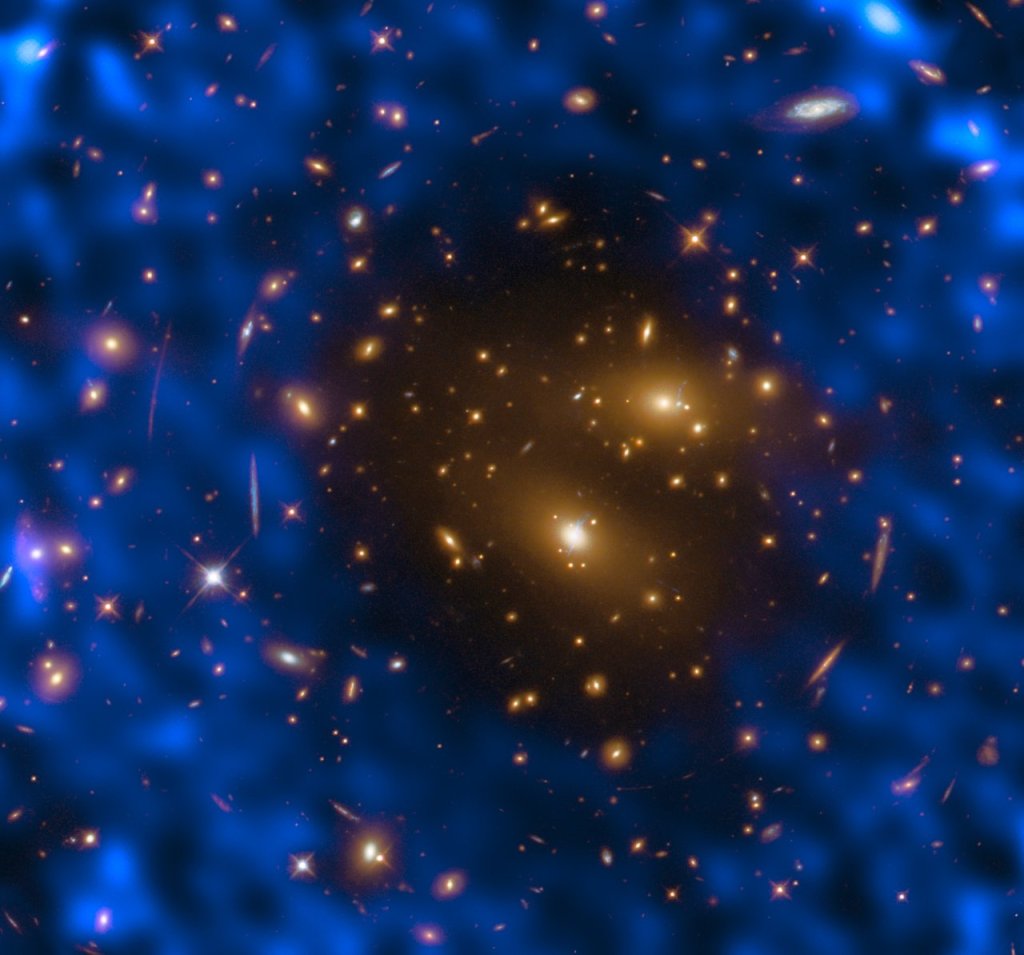
Universe’s Expansion May Not Be The Same In All Directions
One of the fundamental ideas of cosmology is that everything looks the same in all directions if you look over…
Read the Story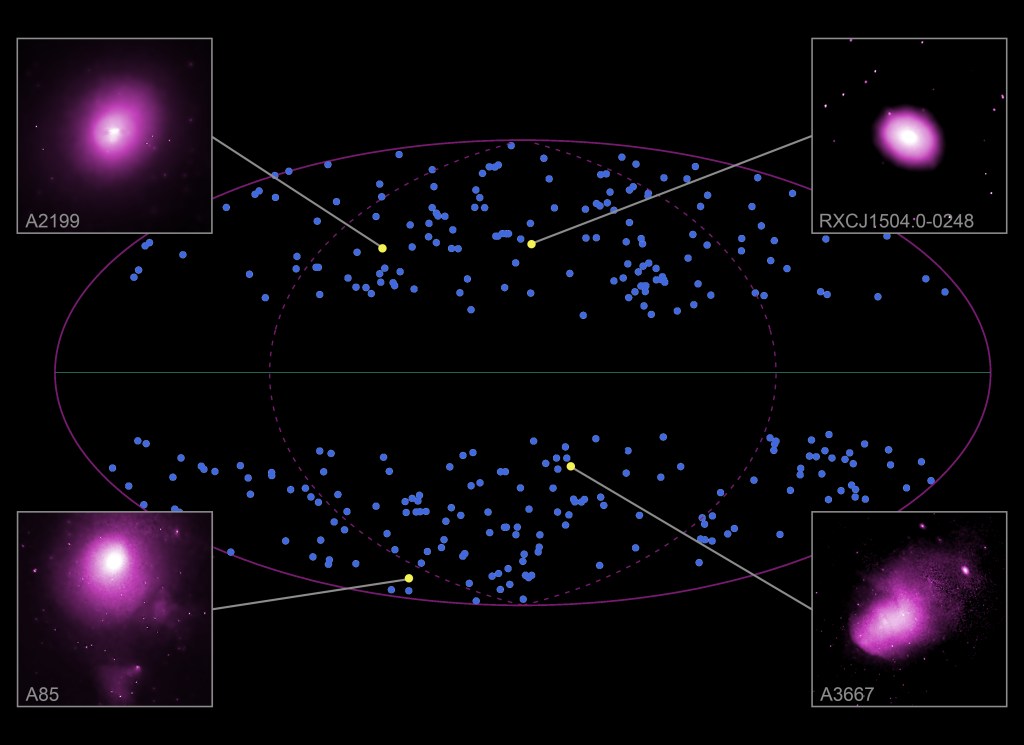
James Webb Space Telescope
NASA's James Webb Space Telescope is the largest and most powerful observatory ever launched. Webb observes the cosmos in infrared using highly sensitive instruments designed to solve mysteries in our solar system, look beyond to distant worlds around other stars, and detect the first galaxies born after the big bang.
More Observatories